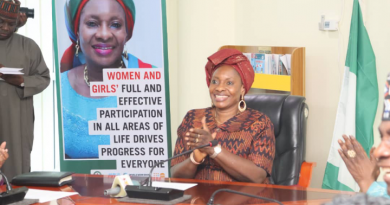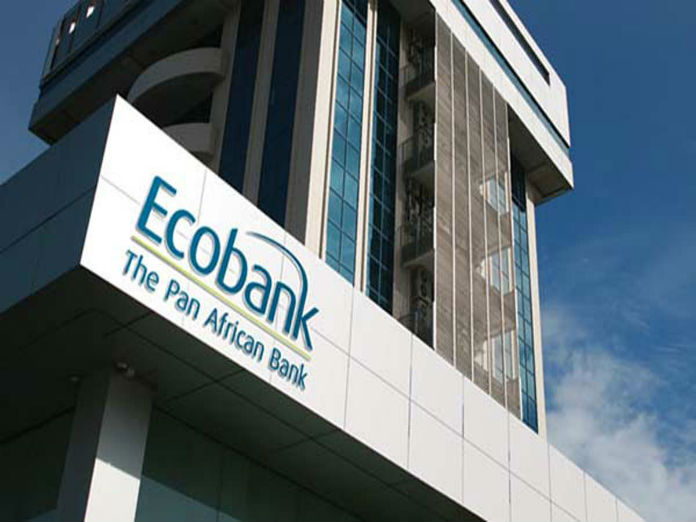Corruption: Nigeria Ranks 144 On Transparency International 2018 CPI
The CPI which was released Tuesday, January 29, 2019, shows Nigeria leaving it’s 148th position to a new record of 144.
Nigeria’s present position appears almost insignificant as it still scored 27 on the scale, the same position it was on the 2017 CPI.
Recall that the African Union declared 2018 as the ‘Year of Anti-corruption’, and at the 30th Ordinary Session of the Assembly of Heads of State and Government of the African Union, in January 2018, Nigeria’s President, H.E Muhammadu Buhari, was entrusted with the responsibility of serving as the Champion of the theme of the year, “Winning the Fight against Corruption: A Sustainable Path to Africa’s Transformation”.
President Buhari, pledged to do his very best to ensure that the anti-corruption agenda will receive the attention it deserves and make impact, in 2018 and beyond.
According to the Transparency International, the 2018 CPI revealed that anti-corruption efforts stalled in most countries and the continued failure of most countries to significantly control corruption is contributing to a crisis of democracy around the world.
“With many democratic institutions under threat across the globe – often by leaders with authoritarian or populist tendencies – we need to do more to strengthen checks and balances and protect citizens’ rights,” said Patricia Moreira, Managing Director of Transparency International. “Corruption chips away at democracy to produce a vicious cycle, where corruption undermines democratic institutions and, in turn, weak institutions are less able to control corruption.”
The 2018 CPI draws on 13 surveys and expert assessments to measure public sector corruption in 180 countries and territories, giving each a score from zero (highly corrupt) to 100 (very clean).
It was however disclosed that more than two-thirds of countries score below 50 on this year’s CPI, with an average score of just 43. Since 2012, only 20 countries have significantly improved their scores, including Estonia and Côte D’Ivoire, and 16 have significantly declined, including, Australia, Chile and Malta.
Denmark and New Zealand top the Index with 88 and 87 points, respectively. Somalia, South Sudan, and Syria are at the bottom of the index, with 10, 13 and 13 points, respectively.
The highest scoring region is Western Europe and the European Union, with an average score of 66, while the lowest scoring regions are Sub-Saharan Africa (average score 32) and Eastern Europe and Central Asia (average score 35).
TI further noted that a cross analysis with global democracy data reveals a link between corruption and the health of democracies, adding that full democracies score an average of 75 on the CPI; flawed democracies score an average of 49; hybrid regimes – which show elements of autocratic tendencies – score 35; autocratic regimes perform worst, with an average score of just 30 on the CPI.
“Our research makes a clear link between having a healthy democracy and successfully fighting public sector corruption,” said Delia Ferreira Rubio, Chair of Transparency International. “Corruption is much more likely to flourish where democratic foundations are weak and, as we have seen in many countries, where undemocratic and populist politicians can use it to their advantage.”
It disclosed also that countries with high levels of corruption can be dangerous places for political opponents, noting also that practically all of the countries where political killings are ordered or condoned by the government are rated as highly corrupt on the CPI.
To make real progress against corruption and strengthen democracy around the world, Transparency International called on all governments to:
“Strengthen the institutions responsible for maintaining checks and balances over political power, and ensure their ability to operate without intimidation; close the implementation gap between anti-corruption legislation, practice and enforcement;
“Support civil society organisations which enhance political engagement and public oversight over government spending, particularly at the local level; support a free and independent media, and ensure the safety of journalists and their ability to work without intimidation or harassment”.
Source: The Sight News




